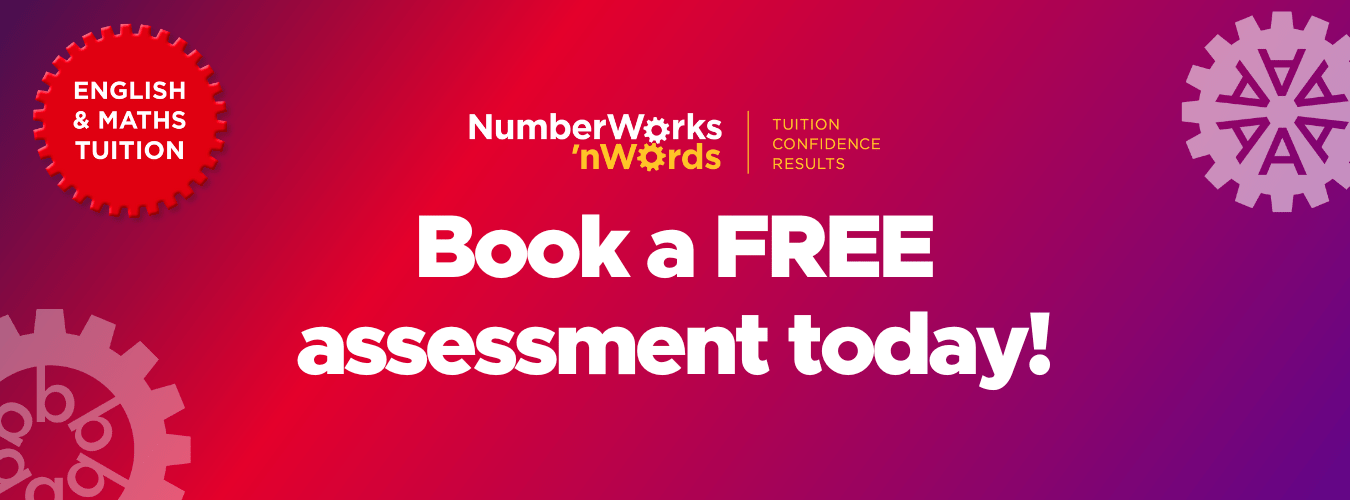Making Learning Fun

Education is a transformative journey that holds the key to unlocking a world of opportunities. However, the traditional perception of learning as a monotonous and tiresome process often hinders students' success and enjoyment.
Thankfully, educators now recognise the profound benefits that come with making learning fun. By infusing joy, excitement, and hands-on activities into the classroom, we have the power to revolutionise the way children engage with knowledge and ignite their passion for learning.
In this blog, we will explore the transformative power of making learning enjoyable and delve into the numerous benefits it brings to students of all ages. From heightened engagement and motivation to improved long-term memory retention, we will uncover the scientific research behind the positive effects of fun learning experiences.
Is your child struggling to keep up with schoolwork? Are they falling behind? Are they bored in class? Or are you looking for extension work for your child? Check out our eBook to learn more about how we help your child improve academically and build confidence through our in-centre after-school tuition.
Understanding How the Brain Works:
Advancements in neurology, such as functional magnetic resonance imaging (fMRI) technology, have allowed us to witness the brain in action and gain insights into its functioning during the learning process. The amygdala, nestled deep within the hippocampus, acts as a sensitive filter that directs information to either the reactive brain or the higher cognitive centres in the prefrontal cortex.
The amygdala's routing of information is influenced by the learner's emotional state. Negative emotions, such as anxiety, sadness and boredom, can impede learning, whereas pleasurable experiences trigger the release of dopamine, a neurotransmitter that signals the brain that the experience is worth remembering.
By exploring how dopamine affects learning, we uncover the significance of making learning fun in the educational journey. Dopamine plays a crucial role in information processing, aiding the transmission of messages across synapses. Pleasurable learning experiences result in a surge of dopamine, similar to hitting the "SAVE" button in a Word document. This release of dopamine enhances memory consolidation and ensures that the information is saved. Without the presence of dopamine to make learning fun, the information may fail to stick.
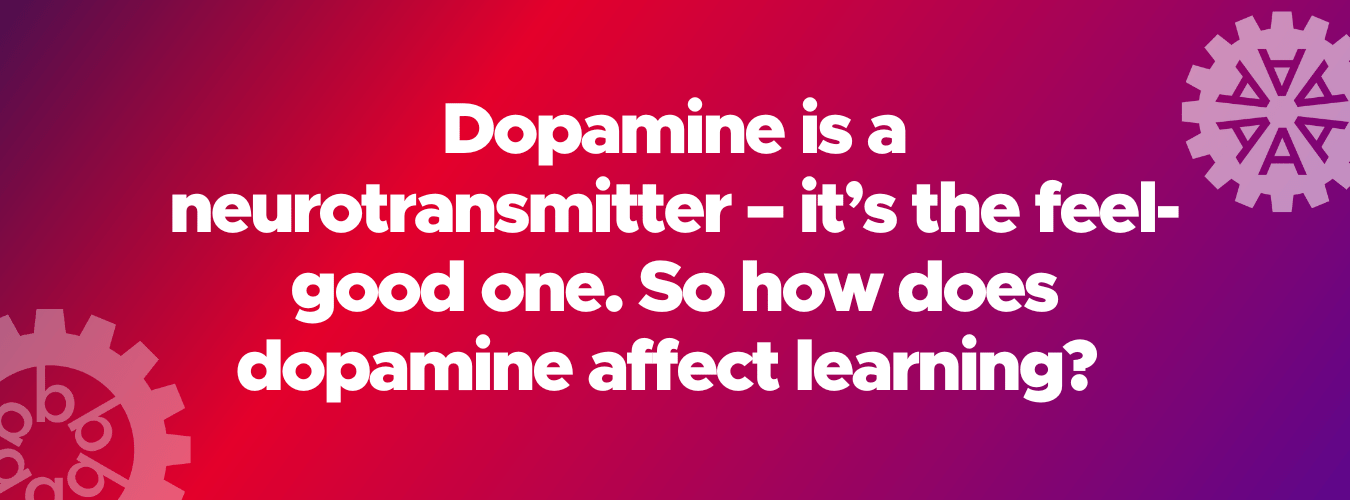
The Benefits of Learning with Fun:
Integrating fun into the learning process offers a multitude of advantages for children. Firstly, it enhances engagement and motivation to learn, as children become actively involved and eager to participate when you teach because they find the learning experience enjoyable.
The element of play and fun capture their interests and fosters receptiveness to new ideas and information. As a result, students playing together are more likely to develop a genuine interest and maintain a positive attitude towards learning, leading to greater academic growth.
Moreover, fun in learning significantly impacts long-term memory retention. When students engage in enjoyable activities, such as games, simulations, and hands-on projects, their brains release dopamine, a neurotransmitter associated with pleasure and reward.
This release of dopamine strengthens memory consolidation, increasing the likelihood of new topics or information being retained and recalled in the future. Enjoyable learning experiences create positive emotional associations with the subject matter, facilitating the formation of strong and lasting memories.
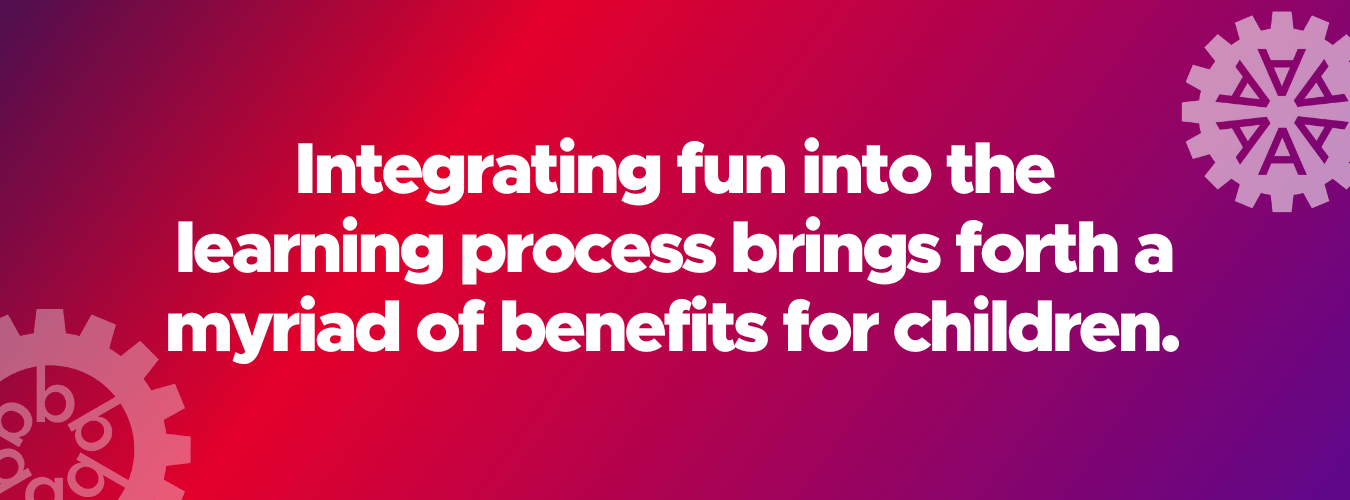
Embracing Hands-On Learning Activities:
Learning becomes an empowering adventure when combined with fun. The evidence from medical and educational research overwhelmingly supports the notion that learning with friends and having fun together is not only beneficial but essential for authentic learning and long-term memory retention.
Scientific studies have shown that laughter triggers the release of endorphins, epinephrine (adrenaline), and dopamine, while also increasing oxygen intake, all of which positively impact the brain's receptivity to learning.
To maximise the benefits of fun in learning, it is crucial for schools to actively encourage and incorporate hands-on activities. When students actively participate in engaging and enjoyable experiences, they deepen their understanding and acquire knowledge more effectively.
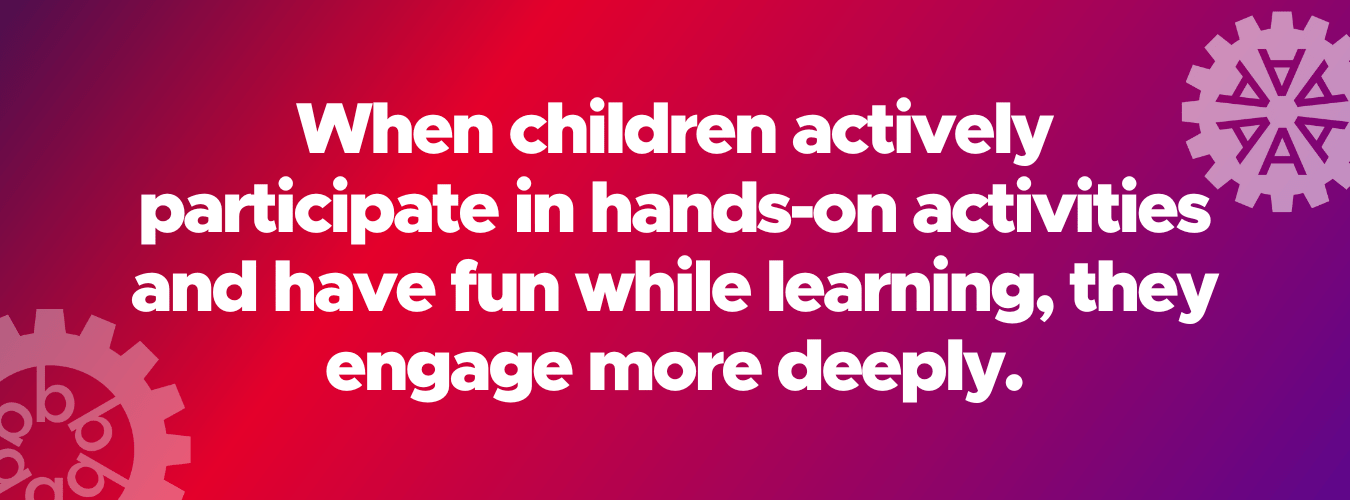
This emphasis on quality hands-on learning ensures that kids see that experiences beyond the traditional classroom, such as after-school tuition, are not only informative but also enjoyable. By prioritising an engaging learning environment, parents and teachers can help children view learning as an exciting journey rather than a burdensome task.
Fun learning not only benefits students academically but also promotes holistic development. When students engage in enjoyable learning experiences, they cultivate important skills such as critical thinking, problem-solving, creativity, and collaboration.
By incorporating elements of fun and play into the learning and teaching process, educators foster an environment that encourages exploration, risk-taking, and a growth mindset. Students develop a sense of curiosity and become active participants in their learning, preparing them to navigate the challenges of the future with confidence and adaptability.
Furthermore, making teaching and learning fun cultivates a positive classroom culture and strengthens the teacher-student relationship. The atmosphere of joy and engagement fosters open communication, trust, and collaboration among children, allowing for meaningful interactions and the healthy exchange of ideas.
Teachers who infuse fun into their lessons create a supportive and inclusive environment where students feel safe to express themselves, ask questions, and take intellectual risks. This positive classroom dynamic not only enhances academic progress but also promotes healthy social-emotional development, empowering children to develop essential life skills that extend far beyond the walls of the classroom.
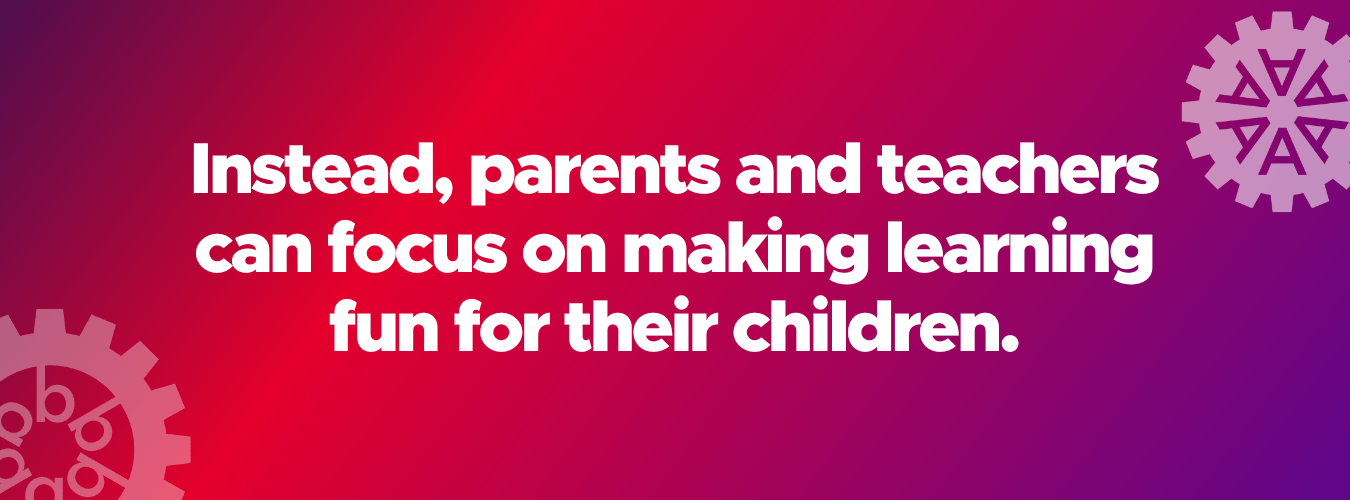
Making learning fun is not just a luxury but a necessity in today's educational landscape. It is through enjoyable and engaging experiences that students can truly unleash their potential, foster a love for learning, and develop the skills necessary for success in an ever-changing world.
By prioritising fun in education, we create an environment where students are eager to explore, ask questions, and discover new things, paving the way forward for a lifetime of curiosity and growth.
How NumberWorks'nWords Facilitates Fun Learning:
NumberWorks'nWords understands the power of blending effectiveness with enjoyment. Through the incorporation of gamification and rewards into lessons, children are motivated, and their progress is celebrated, contributing to a joyful learning experience.
Skilled tutors maintain positive interactions with each student, building their confidence and creating a fun and creative learning and playing environment. This approach has proven successful, of course, with children expressing their love for coming to NumberWorks'nWords, and their accelerated progress in school speaks for itself.
To get your child started with NumberWorks'nWords, find your local centre or book a free assessment today! Experience the transformative power of fun in learning and set your child on a path of academic growth and enjoyment.
